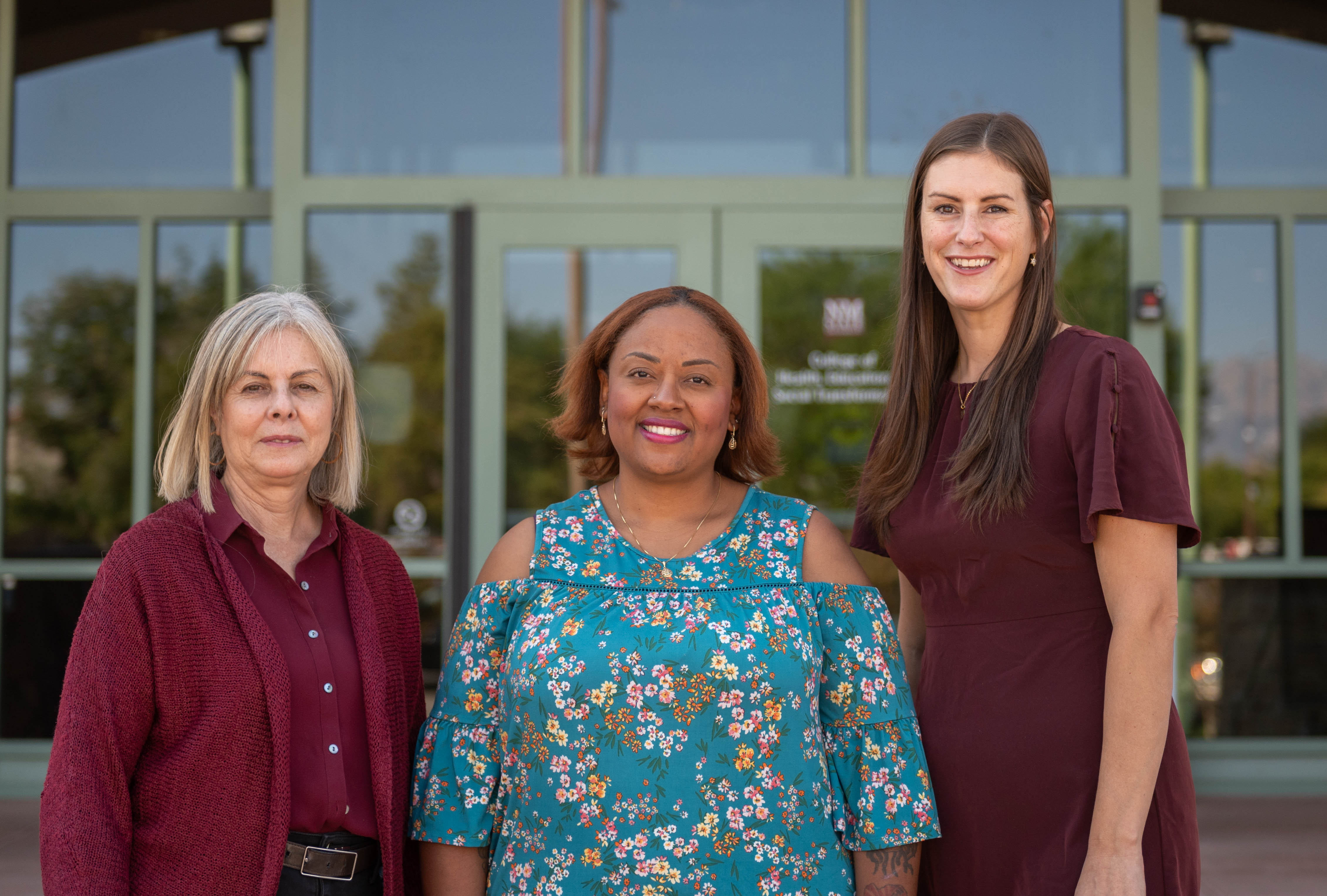New Mexico is facing a huge shortage of early interventionists specially trained to meet the needs of the diverse populations in New Mexico. In 2022, there was a 16% turnover rate for all Family Infant Toddler program early intervention providers. There was a turnover rate of 18% for developmental specialists and a turnover rate of 29% for service coordinators.
Thanks to a federal grant, a program within the College of HEST will help address this shortage and recruit and train students to graduate as highly qualified, diverse early intervention providers.
The program, Project RISE, will receive $1.25 million over five years from the Office of Special Education Programs in the United States Department of Education. The grant will fund two cohorts totaling 24 scholars from underrepresented backgrounds – including race, language, disability and sexual orientation – to serve infants, toddlers and their families in New Mexico.
The cohort members will be trained through the NMSU Early Childhood Education program in the School of Teacher Preparation, Administration and Leadership to better serve infants and toddlers with disabilities along with their families. The grant will help create a multicultural early intervention concentration within the Early Childhood Education program.
“This is very much needed,” says College of HEST Assistant Professor Monique Matute-Chavarria, one of the principal investigators for the grant, along with Professor Anita Hernandez and Assistant Professor Sarah Wiegand.
In New Mexico, there is no early childhood special education certification. The state recommends that a developmental specialist or service coordinator must have a degree in one of 18 related fields, including special education, psychology, music education or early childhood education. Hiring agencies can provide a one-year exemption if providers don’t have a degree in a related field.
Matute-Chavarria said although providers have knowledge about their specific degrees, they often lack knowledge pertaining to serving infants and toddlers with disabilities and have not built service delivery skills such as coaching families, providing individualized instruction and embedding instruction within the natural environment.
“In order to serve New Mexico’s infants and toddlers with disabilities and their families, it is critical that we prepare providers from diverse backgrounds.”
The first cohort of scholars will begin coursework in fall 2024. To learn more about the project, visit projectrise.nmsu.edu.

1220 Stewart Street
O'Donnell Hall, Suite 301
Las Cruces, NM 88003